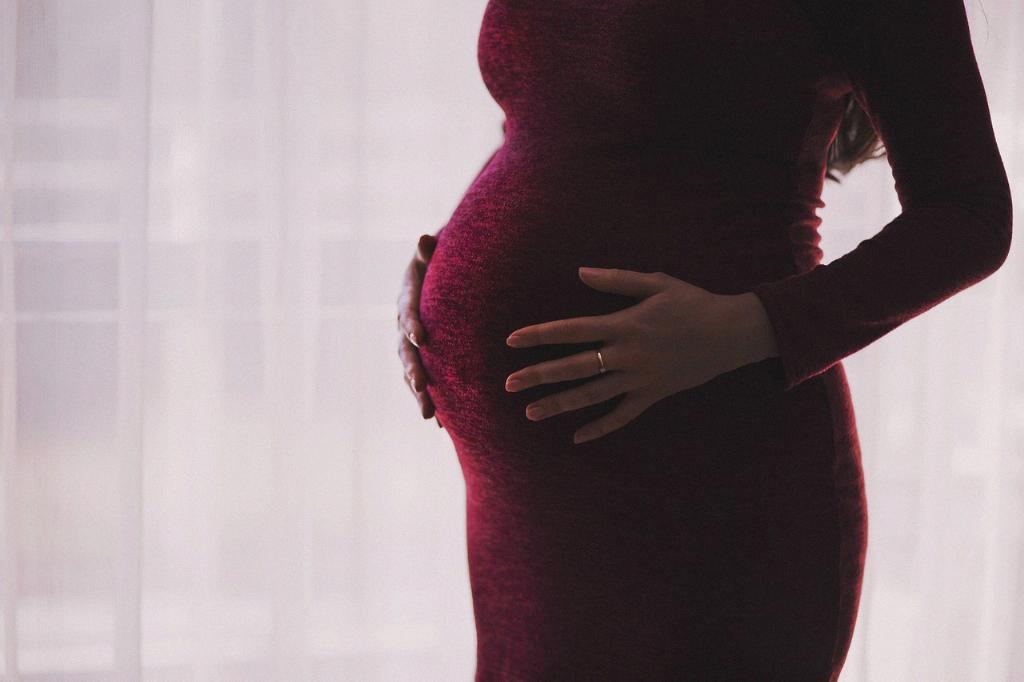When it comes to increasing your chances of getting pregnant, timing is everything. Understanding your menstrual cycle and knowing when you ovulate can greatly improve your chances of conceiving. The key to maximizing fertility lies in having sex during your most fertile days, which typically revolve around ovulation.
Knowing Your Menstrual Cycle
Your menstrual cycle plays a crucial role in determining the best time to have sex to get pregnant. The average menstrual cycle lasts around 28 days, with ovulation usually occurring around the middle of the cycle, approximately 14 days before the start of your next period.
Tracking Ovulation
Ovulation is the process in which a mature egg is released from the ovary, making it available for fertilization. Ovulation typically occurs around day 14 of a 28-day cycle, but this can vary depending on the length of your cycle. There are several methods to track ovulation, including charting basal body temperature, monitoring cervical mucus changes, using ovulation predictor kits, or tracking your menstrual cycle.
The Best Time to Have Sex
The best time to have sex to get pregnant is in the days leading up to, and including, ovulation. Sperm can live inside a woman’s body for up to five days, so having sex in the days leading up to ovulation can increase the likelihood of sperm being present when the egg is released. The window of fertility is usually around 5-6 days before ovulation, with the day of ovulation considered the peak fertile day.
Frequency of Sex
Some couples may be advised to have sex every day during the fertile window to maximize the chances of conception. However, for others, having sex every other day or every 2-3 days during the fertile period may be more practical. It’s essential to find a balance that works for both partners while ensuring that sperm is present when ovulation occurs.
Quality over Quantity
While it’s crucial to have sex during your most fertile days, focusing solely on timing can add stress to the process. It’s essential to maintain a healthy and loving relationship with your partner and not let trying to conceive overshadow the joy of intimacy. Enjoying the journey together can strengthen your bond and create a positive environment for conception.
Seeking Professional Advice
If you have been actively trying to conceive without success for over a year (or six months if you are over 35), it may be time to consult a fertility specialist. They can conduct tests to identify any underlying issues that may be affecting fertility and provide personalized guidance on the best course of action. Remember, seeking help is a proactive step towards achieving your goal of starting a family.
Factors Affecting Fertility
Various factors can impact fertility, including age, lifestyle choices, medical conditions, and environmental factors. Maintaining a healthy lifestyle, eating a balanced diet, exercising regularly, managing stress, avoiding smoking and excessive alcohol consumption, and staying within a healthy weight range can all contribute to improving fertility. It’s essential to address any potential obstacles and make positive changes to enhance your chances of conceiving.
Emotional Well-being
The emotional aspect of trying to conceive should not be overlooked. It’s normal to experience a range of emotions, including anticipation, hope, disappointment, and frustration, during the process. Open communication with your partner, seeking support from loved ones, and considering counseling can help you navigate the emotional rollercoaster of fertility challenges. Remember, you are not alone, and it’s okay to seek help when needed.
The Importance of Patience
Patience is key when embarking on the journey to conceive. While some couples may get pregnant quickly, for others, it may take longer than expected. It’s essential to remain positive, stay connected with your partner, and focus on taking care of yourself throughout the process. Keep in mind that each person’s fertility journey is unique, and staying patient and resilient can ultimately lead to a successful outcome.
Conclusion
Understanding the best time to have sex to get pregnant involves tracking your menstrual cycle, identifying your ovulation window, and maintaining a healthy and supportive environment for conception. By being aware of your fertile days, creating a balance in frequency, seeking professional advice when needed, addressing factors affecting fertility, prioritizing emotional well-being, and embracing patience, you can optimize your chances of conceiving and realize your dream of starting a family. Remember, the journey to parenthood is a shared one, and navigating it together can strengthen your bond and create a foundation for a bright future ahead.

